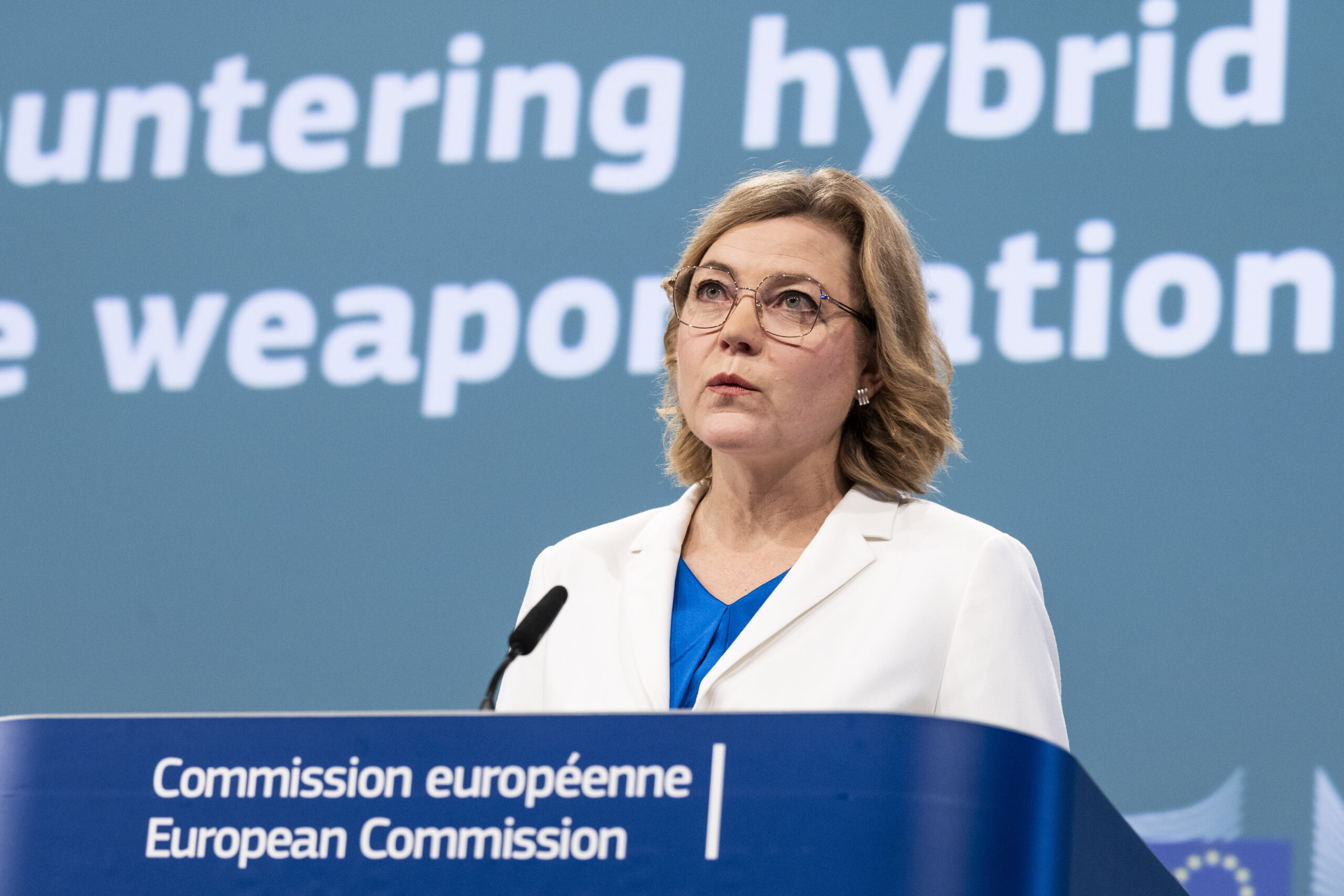Brussels – The European Commission to the rescue of Baltic countries, Finland, and Poland, grappling with an increase in irregular migrant entries from Russia and Belarus. Brussels is making €170 million available to address the “serious and persistent nature” of hybrid threats from Moscow and Minsk, guilty of an “unacceptable weaponization of migration.”
In the communication adopted today (Dec. 11) by the European Commission, it is stated that “in order to ensure security and territorial integrity in this exceptional context, Member States bordering Russia and Belarus must be able to act decisively.” The EU has already taken several measures to counter the exploitation of migrants by Belarus in Latvia, Lithuania, and Poland in 2021 and by Russia on the border with Finland in financial, operational, and diplomatic terms. Now, to further improve border surveillance, Brussels is providing €170 million to upgrade electronic surveillance equipment, improve telecommunications networks, deploy mobile detection equipment and counter drone intrusions.
Funds that will be distributed to the various countries involved: 19.4 million to Estonia, 50 million to Finland, 17 million to Latvia, 15.4 million to Lithuania, 52 million to Poland, and 16.4 million to Norway. “Countries bordering Russia and Belarus, such as Finland with its 1,340-kilometre border with Russia, are facing the heavy challenge of ensuring the security of the Union and the territorial integrity of the member states,” said European Commission President Ursula von der Leyen.
According to data released by Brussels, so far in 2024, irregular arrivals at the EU-Belarus border—particularly at the Polish-Belarusian border—have increased by 66 per cent compared to 2023. And nine out of every ten migrants crossing the Polish-Belarusian border illegally hold a Russian student or tourist visa. “The autocrats must never be allowed to use our European values against us,” von der Leyen said. However, the issue is complex because while member states have an obligation to protect the EU’s external borders, they must respect people’s fundamental rights and the principle of non-refoulement.

Back in mid-October, Polish Prime Minister Donald Tusk announced the suspension of asylum rights to deal with the hybrid destabilization attempt at the border. Today, Brussels outlined conditions for taking measures “which may result in serious interference with fundamental rights, such as the right to asylum and related guarantees.” For the Commission, they must be “proportionate, limited to what is strictly necessary in clearly defined cases, and temporary.”
European Commission Executive Vice-President for Technology Sovereignty and Security, Henna Virkkunen, said that “human rights must always be respected when exceptional measures are introduced, but at the same time we know that Russia and Belarus are organizing flows of migrants to our borders because they are trying to destabilize our societies,” and “this is something we cannot accept.”
In essence, for Virkkunen, “exceptional measures of a temporary nature are needed in the member states,” even if these could infringe on the fundamental rights of the migrant people whom Moscow and Minsk push to the European border. The real victims risk being them. In the second half of last year alone, the Polish government—at the time headed by the ultra-conservative Mateusz Morawiecki—rejected more than 6,000 people. In a report published yesterday (Dec. 10) by Human Rights Watch, the NGO accuses Polish law enforcement agencies of “unlawful and sometimes violent deportations of people who “risk serious abuse by Belarusian officials or being trapped in harsh conditions” in Moscow’s puppet country.
English version by the Translation Service of Withub







